The views expressed in our content reflect individual perspectives and do not represent the authoritative views of the Baha'i Faith.
The Great Being saith: Blessed and happy is he that ariseth to promote the best interests of the peoples and kindreds of the earth. In another passage He hath proclaimed: It is not for him to pride himself who loveth his own country, but rather for him who loveth the whole world. The earth is but one country, and mankind its citizens. – Baha’u’llah, Gleanings from the Writings of Baha’u’llah, p. 249.
One of the most important speeches of our time, from one of the world’s most respected African-American writers, philosophers and thinkers, has long languished in hiding—until now.
Attached at the end of the article and here you’ll find “World Citizenship: Mirage or Reality?” by Alain Locke, whom we’ve christened “Black Plato” — based on Rev. Dr. Martin Luther King, Jr.’s direct comparison of Locke to the great Greek philosopher, Plato, in a speech delivered on Clarksdale, Mississippi, on March 19, 1968, shortly before King’s heroic martyrdom for the sacred cause of racial justice, racial democracy and racial harmony:
We’re going to let our children know that the only philosophers that lived were not Plato and Aristotle, but W. E. B. Du Bois and Alain Locke came through the universe.
Those who have been following this “Universal Emancipation Proclamation” series already know that Alain Locke became a Baha’i in 1918, the same year that Harvard University awarded Locke his Doctor of Philosophy (PhD) degree. Locke (1885–1954) remained a Baha’i for the rest of his life.
So where did “World Citizenship: Mirage or Reality?” come from?
On May 18, 1947, Alain Locke was invited by the New York Society for Ethical Culture (American Ethical Union) to speak on “World Citizenship: Mirage or Reality?” Locke presented his lecture at the regular Sunday morning meeting of the Society at its center, located at 2 West 64th Street in New York City.
The Original Typescript of Locke’s speech is preserved in the “Outside Speaker Box,” American Ethical Union Archives, at the very same address. On October 19, 2009, I received permission from the American Ethical Union to edit and publish the full text of Locke’s previously unpublished speech.
Locke’s moving speech contains no direct mention of the Baha’i Faith, yet its subject matter is thoroughly consistent with the Baha’i principle of world unity. Briefly, here are some memorable highlights in this little-known speech:
And so, I pose the pragmatic question: To what extent is world citizenship possible? How realizable is this ideal, which though so peculiarly involved in the general state of our world today, is nevertheless so old and recurring an idea with all the great spiritual teachers of mankind, the religious prophets especially? Is world citizenship a mirage or can it become a reality?
So how does Locke answer, in a nutshell? He begins by viewing “the prospects of world citizenship in historical perspective.” He then says:
…the one world of today is the much more realistic notion of a world community politically united by a common loyalty to international law and justice and mutually federated by guaranteed reciprocity in communication, trade and culture.
“Brought down within range of the interests and practical understanding of the average man,” Locke continues, “world citizenship has become a matter of common and vital concern.” Indeed, “we have no moral alibi for our failure to achieve it.” Ironically, although “the material hindrances to world unity have been lapsing,” yet “the emotional and psychological obstacles have been on the increase.”
Below is an audio clip of Alain Locke courtesy of the Library of Congress:
Locke advocates a “national policy” that is “constructively and responsibly international.” Politics today is “in the throes of that moral revolution.” “Only by realigning national policy to international perspectives and obligations,” Locke advises, “can we resolve the dilemma of having to be simultaneously and consistently nationals and citizens of the world.” As to the role of religion, Locke writes:
Although there has been considerable organizational initiative and effort in world-wide religious rapprochement, there still is little internal renouncing on the part of religious bodies of their sectarian parochialisms and their mutually conflicting claims. Yet here obviously is the crux of the whole issue: if the brotherhood of man is an inescapable corollary of the ‘fatherhood of God’ principle, so also is the confraternity of religions. This enlightened religion must learn—that the realistic way to become a world religion is not through world pretensions and world rivalry, but through promoting world-wide peace and understanding and moral cooperation of all sorts on a world-scale.
Today, Locke tells us, “world citizenship means more than enlightened citizenship transforming narrow nationalism into enlightened political internationalism, although it does mean that importantly.” “It also means an equally urgent crusade for world culture” and “eventually a world-scale alliance of the major religions.”
Locke concludes by saying that if “world citizenship remains a mere idealist’s mirage, it will be because we have failed to carry through in the difficult but not hopeless task of making it a realized reality.”
If you were there on that Sunday morning of May 18, 1947, would you have enthusiastically applauded Black Plato’s speech? I would have stood up and cheered.
Alain Locke’s World Citizenship: Mirage or Reality?
Original Typescript of World Citizenship: Mirage or Reality?
This manuscript of “World Citizenship: Mirage or Reality?” was provided courtesy of Dr. Robert J. Berson, Leader of the Ethical Society of Northern Westchester. Archivist Marc A. Bernstein, Ph.D., rediscovered this speech, the manuscript of which was not previously contained in the Alain Locke Papers at Howard University. This speech is edited by yours truly.


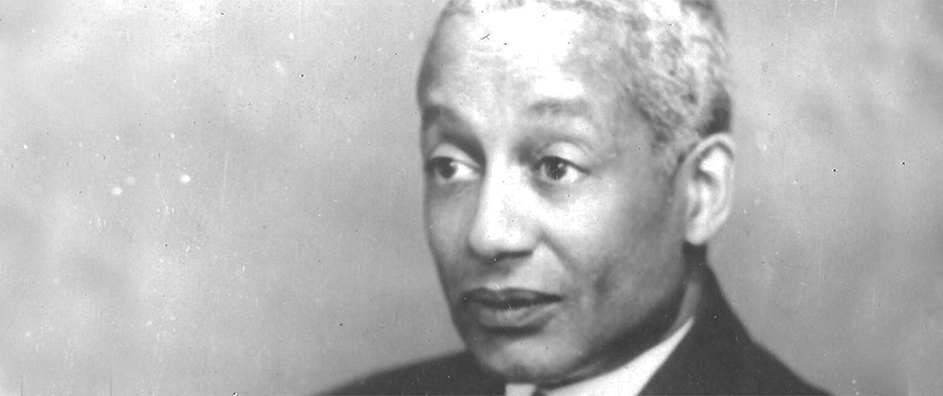
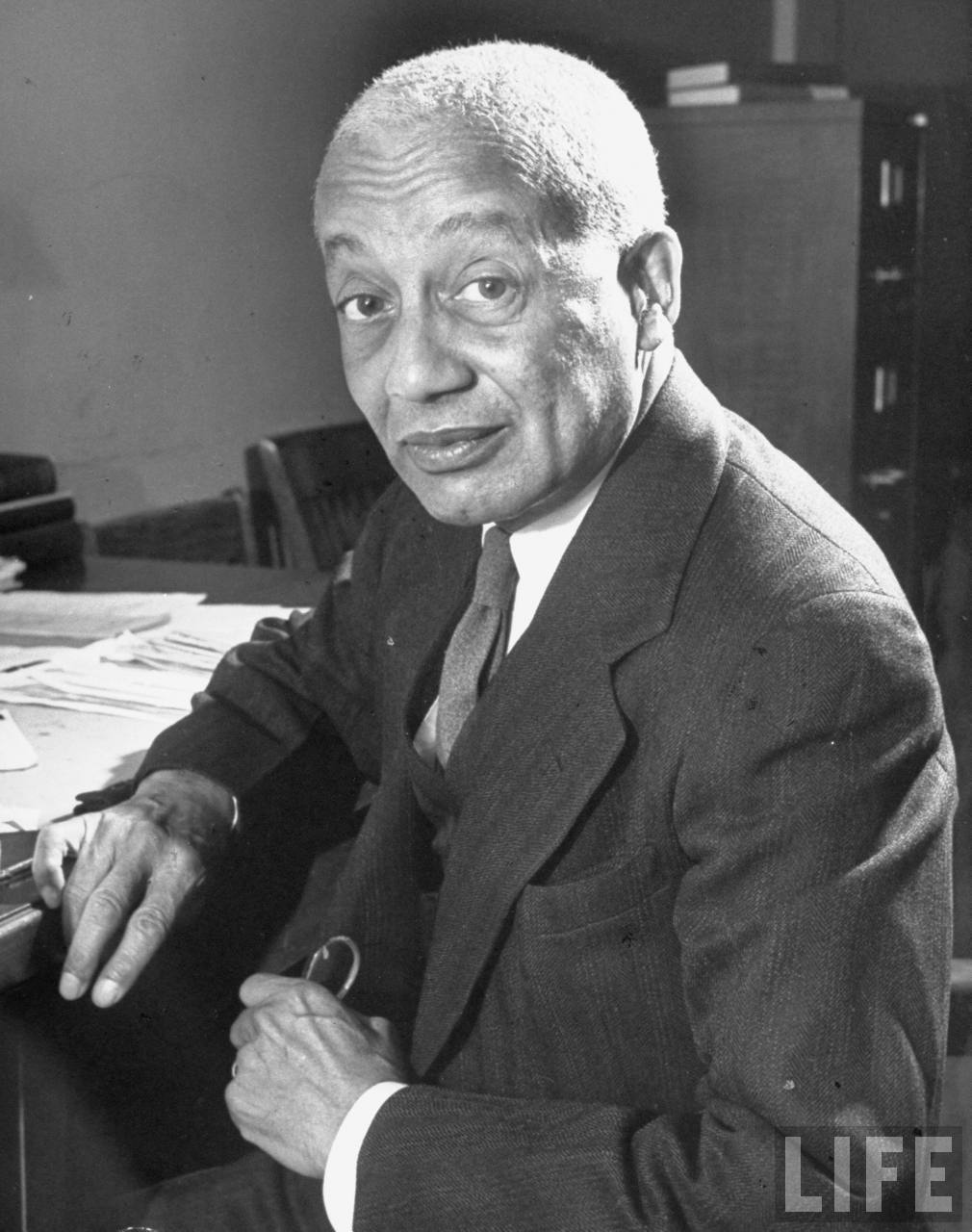
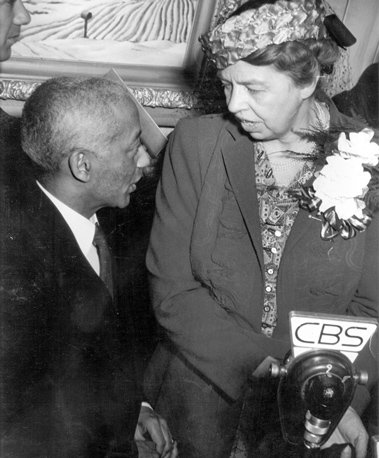

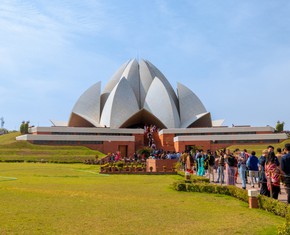

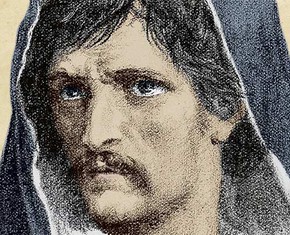









Comments
Sign in or create an account
Continue with Googleor